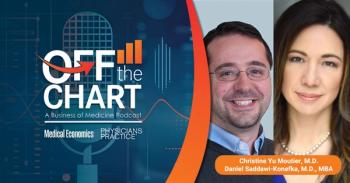
Two False Claims Act settlements underscore the importance of not taking kickbacks and proper billing
Compliance measures can assist healthcare industry participants avoid potential liability, whether civil or criminal, under the False Claims Act.
For healthcare industry participants, it is no secret that the
The first settlement by the U.S. Department of Justice involves a
- Incyte pharmaceutical company opened a fund to assist patients with myelofibrosis and was the sole donor;
- Incyte utilized the funds to pay the copays of federal beneficiaries taking a drug who were ineligible because they did not have myleofribrosis; and
- Incyte managers and its contractor helped ineligible patients complete applications submitted to the fund for assistance, which caused false claims for the drug (Jafaki) to be submitted to Medicare and TRICARE.
The key take-away is that “[p]harmaceutical companies cannot skirt the anti-kickback rules by disguising their inducements to federally-insured patients as charitable donations.” The AKS prohibits direct or indirect remuneration either in cash or in-kind in order to induce referrals or product utilization.
A second settlement involves
Overall, it is clear that healthcare fraud, in a variety of forms, is a priority for the DOJ, as well as other government agencies. Implementing fraud, waste, and abuse training, as well as other preventative compliance measures can assist healthcare industry participants avoid potential liability, whether civil or criminal, under the False Claims Act.
About the Author
Rachel V. Rose , JD, MBA, advises clients on compliance and transactions in healthcare, cybersecurity, corporate and securities law, while representing plaintiffs in False Claims Act and Dodd-Frank whistleblower cases. She also teaches bioethics at Baylor College of Medicine in Houston. Rachel can be reached through her website, www.rvrose.com .
Newsletter
Optimize your practice with the Physicians Practice newsletter, offering management pearls, leadership tips, and business strategies tailored for practice administrators and physicians of any specialty.









